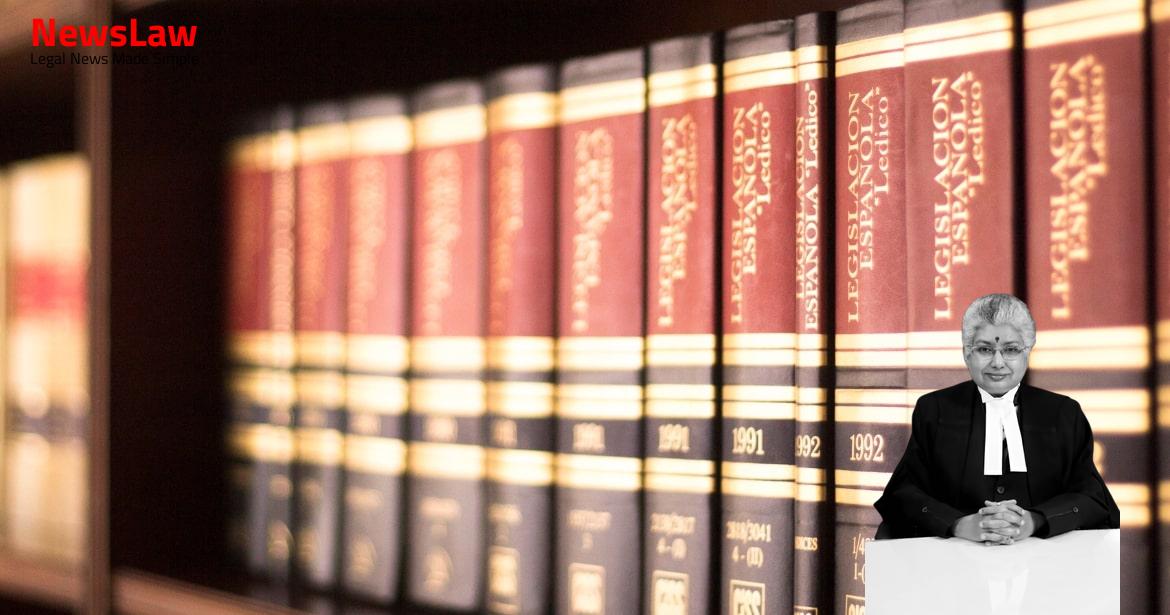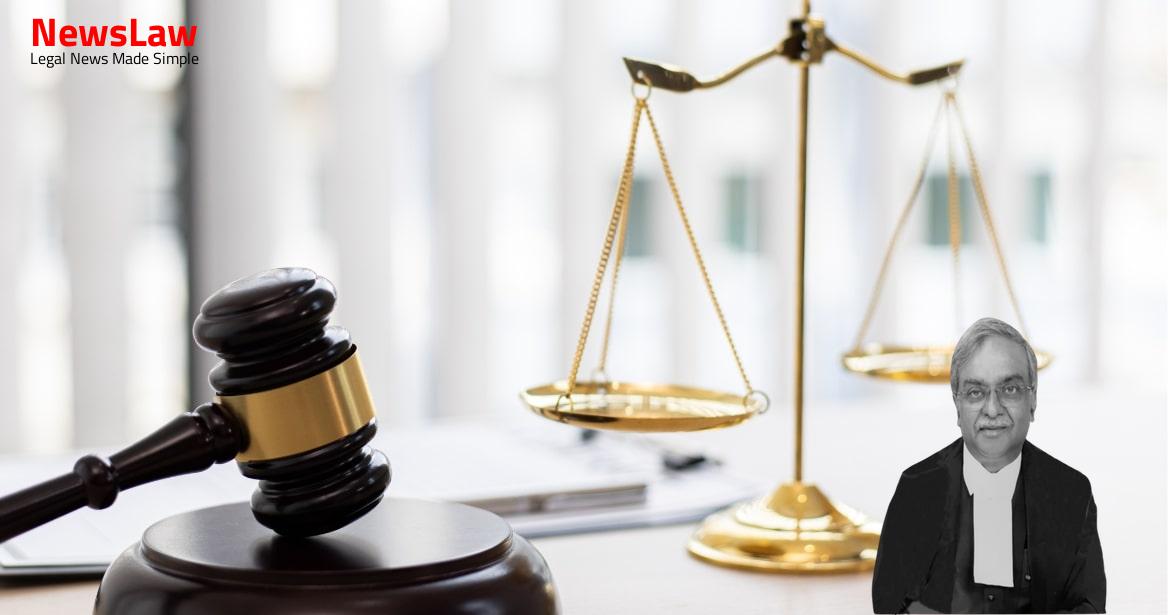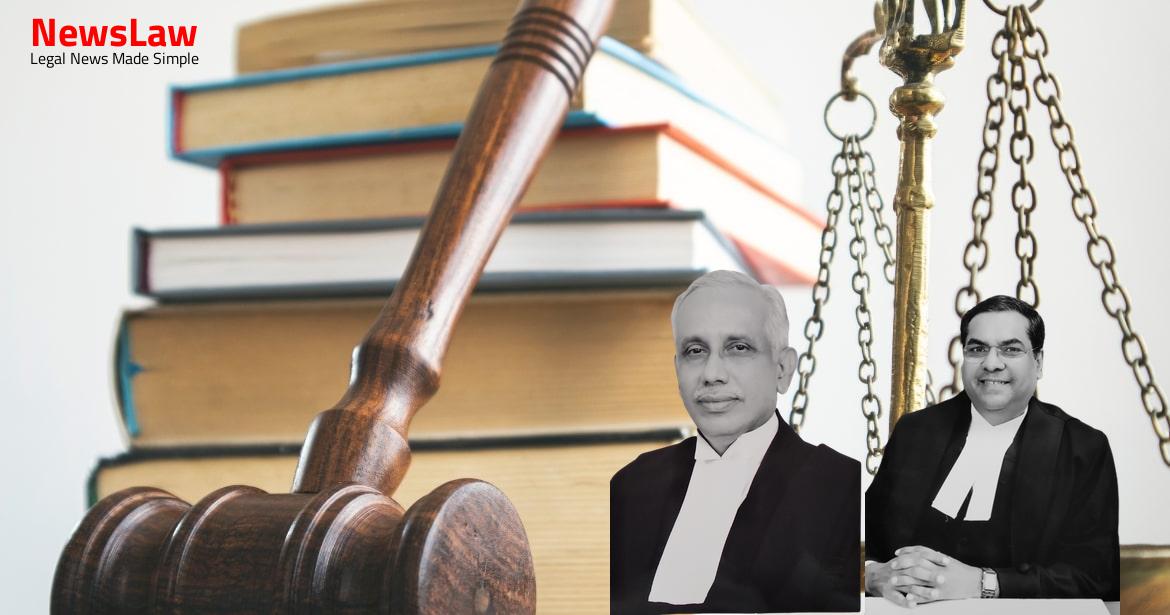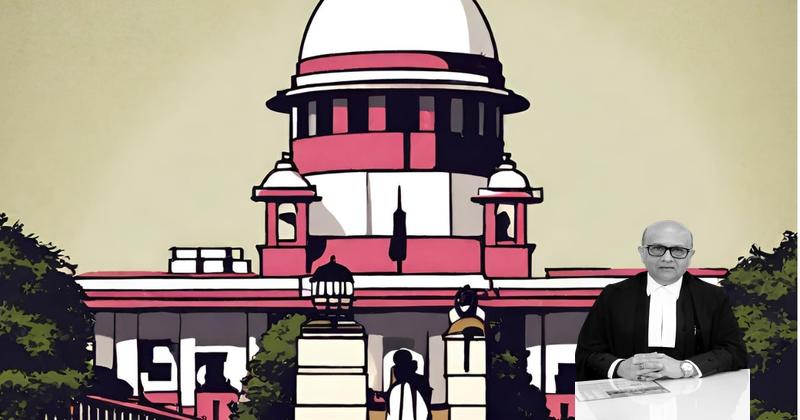Delve into the detailed legal examination of reservation rights for Scheduled Tribes in Union Territories. The court’s analysis of Articles 341 and 342 of the Constitution sheds light on the nuances of reservation benefits and the importance of presidential notifications. Upholding social justice and constitutional principles, this case provides valuable insights into the interpretation of laws pertaining to reservation for disadvantaged communities.
Facts
- Clarification sought from Chandigarh Administration regarding absence of Scheduled Tribe notification for U.T. of Chandigarh
- Appellant belonging to Scheduled Tribes community from Rajasthan and residing in Chandigarh for 20 years
- Appeal filed after dismissal of Civil Appeal No. 295/1990 and Regular Second Appeal No. 1570/1991
- Administrative confusion led to four houses being kept in abeyance for Scheduled Tribes category
- Condition of domicile or residency in U.T. of Chandigarh for at least three years for applicants
- Appellant contesting right to allotment of houses without Scheduled Tribe notification by President for Chandigarh
- Clarification on reservation for Scheduled Tribes even if population is less than 5%
- Civil Suit No. 327/1984 filed by respondent claiming mala fide decision of appellant for non-allotment of houses
- Advertisement and draw of lots held on 09.09.1983 for reserved houses for SCs and STs
- Regulation 25 of Chandigarh Housing Board provides 12.5% reservation for SCs and STs
- The trial court dismissed the Regular Second Appeal reasoning that the advertisement did not specify that only Scheduled Tribes of Chandigarh could apply.
- The trial court noted that Article 342 of the Constitution was not applicable to U.T. Chandigarh but stated that Scheduled Tribes could still benefit from the Chandigarh Administration.
- The High Court relied on a letter of clarification from Chandigarh Administration and a Ministry of Home Affairs letter to confirm the reservation of dwelling units for Scheduled Tribes.
- The trial court decreed the suit in favor of the Scheduled Tribes based on the letter of clarification, obligating a 5% reservation for them.
Also Read: Court’s Legal Analysis on Specific Performance in Tribal Land Transfer Case
Arguments
- Reliance was placed on Exhibit D-3 communication for clarification on applications inviting for allotment of flats for Scheduled Tribes.
- Appellant argued that respondent cannot rely on caste status from Rajasthan in Union Territory of Chandigarh based on precedent.
- No Presidential Order on Scheduled Tribes in Union Territory of Chandigarh.
- Counsel referred to three Constitution Bench judgments to support the contention.
- Argument made that without Presidential Order, advertisement for Scheduled Tribes applicants was incorrect.
- Respondent claims to belong to Scheduled Tribes in Rajasthan.
- The respondent contended that the impugned judgments and decrees are just and proper, not warranting any interference by this Court.
- The respondent argued that even though there is no Presidential Order for Scheduled Tribes in the Union Territory of Chandigarh, a letter dated 25.11.1985 from the Ministry of Welfare, Government of India was relied upon to support the migrant’s entitlement to benefits based on their status in the State of origin.
- It was argued that if a person migrates from a State to a Union Territory, they can rely on their Scheduled Tribe status from the State of origin to claim benefits in the Union Territory they migrate to.
- Reference was made to the judgment in Director, Transport Department, Union Territory Administration of Dadra and Nagar Haveli, Silvassa vs. Abhinav Dipakbhai Patel (2019) 6 SCC 434, to support the argument.
- The argument was also supported by citing a judgment in Marri Chandra Shekhar Rao and highlighting that statutory and constitutional provisions should be interpreted broadly and harmoniously.
Also Read: Analysis of Tax Exemption for Enemy Properties
Analysis
- The interpretation of Articles 341 and 342 in relation to Scheduled Castes and Scheduled Tribes is crucial for understanding reservation benefits.
- The language and terms of the Articles indicate that the benefits specified are meant for specific regions or states, not uniformly applicable throughout the country.
- The purpose of reservation is to provide protection to disadvantaged castes or tribes in specific social contexts within states.
- Migration of Scheduled Castes and Scheduled Tribes persons between states does not automatically confer the same status in the new state without a corresponding Presidential Order.
- The Presidential notifications issued for Scheduled Castes and Scheduled Tribes are specific to states or union territories and cannot be varied by any authority including the Court.
- The benefits and privileges of reservation for Scheduled Tribes are confined to the geographical territories specified in the Presidential notifications.
- Any expansion or deletion of the list of Scheduled Castes and Scheduled Tribes can only be done through Parliament and not by any other authority.
- False claims of belonging to Scheduled Tribes undermine the purpose of reservation meant for the truly disadvantaged communities.
- The spirit of the Constitution aims to provide social justice and upliftment to those suffering from social handicaps and educational backwardness.
- Articles 341 and 342 of the Constitution deal with the identification of Scheduled Castes and Scheduled Tribes.
- The President of India, after consultation with the Governor, can specify the castes, races, tribes, or groups to be deemed as Scheduled Castes or Scheduled Tribes for a specific State or Union Territory.
- The list of Scheduled Castes or Scheduled Tribes specified in a notification cannot be changed unless done by Parliament through a law.
- The Punjab Reorganization Act, 1966, allowed for amendments to the Scheduled Castes and Scheduled Tribes Orders for the Union Territory of Chandigarh.
- Section 27(2) of the Act included 36 castes in Chandigarh as Scheduled Castes.
- In cases where two provisions of an enactment cannot be reconciled, they should be interpreted in a way that gives effect to both if possible.
- The expression ‘for the purposes of this Constitution’ in Articles 341 and 342 implies that Scheduled Castes and Scheduled Tribes specified in the Constitution are entitled to enjoy all constitutional rights.
- Scheduled Castes or Tribes migrating to a different state do not carry any special rights or privileges attributed to them in their original state.
- Considerations for specifying a caste or tribe for inclusion in Scheduled Castes/Schedule Tribes or backward classes in a state depend on the disadvantages and social hardships faced by that group in that specific state.
- Educational and social backwardness may vary in degree or kind in different areas of a state, justifying the division of the state into convenient areas for issuing public notifications.
- A public notification is essential as per Articles 341 and 342 for specifying Scheduled Castes or Scheduled Tribes.
- The President is empowered to issue notifications under Articles 341 and 342, providing additional protection to members of Scheduled Castes and Scheduled Tribes based on economic and educational backwardness.
- Migration does not denude the rights of individuals under Articles 14, 16, 19, or 21, but those rights must be enjoyed in accordance with the law of the place they migrate to.
- The issuance of public notifications under Article 341 of the Constitution aims to provide additional protection to Scheduled Castes considering their economic and educational backwardness.
- The Brochure cannot override Article 342 of the Constitution of India which empowers the President to notify Scheduled Tribes.
- The High Court erred in relying on certain letters to suggest reservation for Scheduled Tribe applicants when the law did not permit it.
- The invitation to Scheduled Tribes for allotment of dwelling units of flats was contrary to the basic tenets of law.
- The respondent cannot claim estoppel against the appellant due to these reasons.
- The judgments of all courts involved are set aside as they were based on erroneous interpretations.
Decision
- The Appeal is allowed
- No costs
Case Title: CHANDIGARH HOUSING BOARD Vs. TARSEM LAL (2024 INSC 119)
Case Number: C.A. No.-001788-001788 / 2024



